Когда ты поставки из Китая, вы должны уметь отличать настоящую фабрику от торговой компании. Хотя обе могут быть ценными партнерами, точное знание того, с кем вы имеете дело, помогает вам принимать обоснованные решения о ценообразовании, контроле качества и долгосрочных партнерских отношениях. Давайте разберем все, что вам нужно знать, чтобы отличить китайскую фабрику от торговой компании.
Почему это важно?
Прежде чем мы углубимся в детали, вы можете задаться вопросом, почему это различие так важно. Работа напрямую с фабрикой часто может означать лучшее ценообразование, больший контроль над производством и прямую связь с людьми, которые производят вашу продукцию.
Однако торговые компании могут предложить свои собственные преимущества, такие как более широкий ассортимент продукции и более опытные экспортные операции. Мы узнали о различия между торговой компанией и фабрикойГлавное — знать, с кем именно вы работаете, чтобы иметь возможность вести переговоры и устанавливать реалистичные ожидания.
| Характеристика | Фабрика | Торговая Компания |
|---|---|---|
| Регистрация бизнеса | • Высокий зарегистрированный капитал • Разрешения на производство • Сфера деятельности включает «制造» (производство) | • Уменьшение уставного капитала • Импортно-экспортные лицензии • Сфера деятельности включает «贸易» (торговля) |
| Физические возможности | • Видно производственное оборудование • Хранение сырья • Рабочие в униформе • Производственные линии • Заводской цех | • Офисные помещения • Образцы комнат • Шоу-румы • Небольшие склады |
| Технические знания | • Немедленные технические ответы • Подробные знания о производстве • Прямое знание возможностей | • Возможно, потребуется проконсультироваться с фабриками • Более широкие, но менее глубокие знания • Задержка технических ответов |
| Структура ценообразования | • Более последовательное ценообразование • Более высокие требования к минимальному объему заказа • Четкая разбивка затрат • Ценообразование на основе производства | • Переменное ценообразование • Более гибкий минимальный объем заказа • Добавлен слой полей • Рыночное ценообразование |
| Контроль качества | • Внутренняя команда контроля качества • Прямой контроль производства • Немедленное решение проблемы • Собственное испытательное оборудование | • Сторонний контроль качества • Косвенный контроль • Многосторонняя координация • Аутсорсинг тестирования |
| Ассортимент продукции | • Специализация на конкретных продуктах • Глубокие познания в одной области • Ограниченный, но целенаправленный каталог | • Широкий ассортимент продукции • Несколько категорий • Обширный каталог |
| Документация | • Сертификаты на продукцию • Сертификаты на оборудование • Прямые отчеты о качестве • Источники сырья | • Экспортные лицензии • Торговые разрешения • Сертификаты третьих лиц • Источники документов |
| Присутствие в сети | • Видеоролики производства • Фотографии оборудования • Технические характеристики • Информация о НИОКР | • Каталоги продукции • Несколько списков категорий • Общие фотографии объекта • Маркетинговые материалы |
| Лучше всего подходит для | • Крупные заказы • Индивидуальные продукты • Долгосрочное производство • Технические продукты | • Небольшие заказы • Несколько продуктов • Стандартные элементы • Быстрый поиск |
Юридическая и деловая регистрация: первый уровень проверки
Один из самых надежных способов начать процесс проверки — проверить регистрацию бизнеса компании. Китайские фабрики и торговые компании имеют разные лицензии на ведение бизнеса и области регистрации. Производственное предприятие будет иметь специальные разрешения, связанные с производством, в то время как торговые компании обычно имеют лицензии, ориентированные на импортно-экспортную деятельность.
При изучении документации потенциального партнера обратите внимание на его уставной капитал. Фабрики, как правило, имеют более высокий уставной капитал из-за потребности в оборудовании и помещениях. Попросите их лицензию на ведение бизнеса (营业执照) и проверьте если сфера их деятельности включает производство (制造) или торговлю (贸易).
Физические возможности: на что обратить внимание
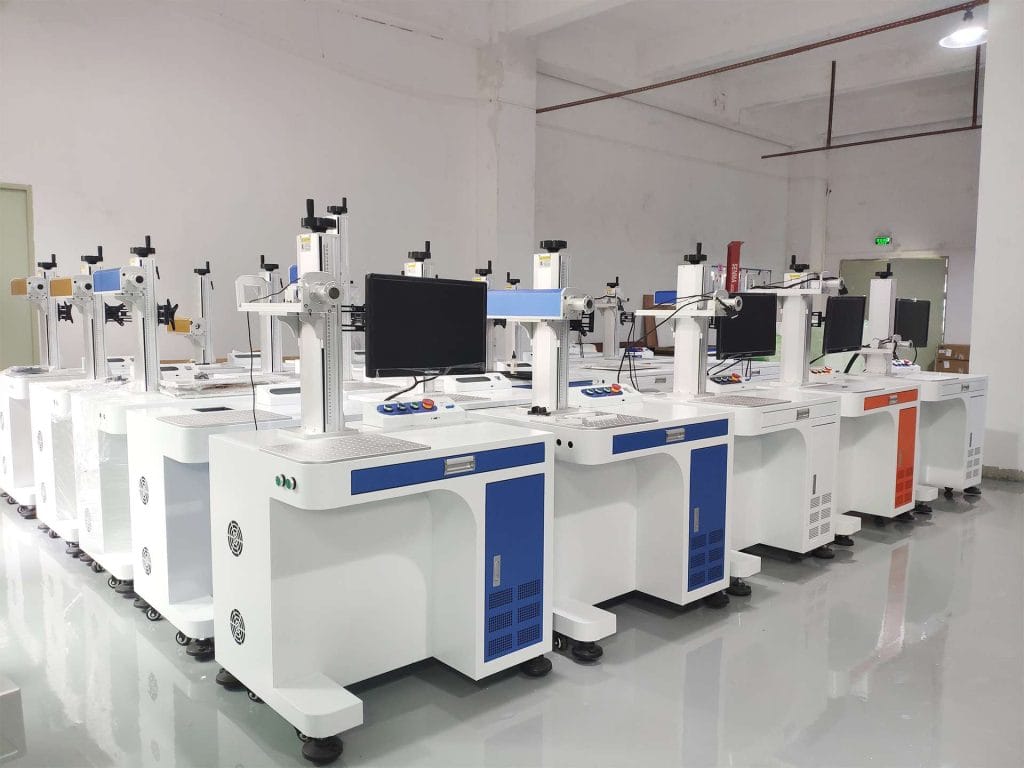
Настоящие фабрики имеют отличительные физические характеристики, которые трудно подделать. У них будет производственное оборудование, хранилище сырья и, как правило, значительное количество рабочих в униформе. Хотя торговые компании могут иметь впечатляющие офисы, им обычно не хватает этих производственных элементов.
Часто можно получить хороший первый взгляд с помощью видеозвонков или виртуальных туров. Не стесняйтесь просить о живом видеообзоре объекта. Настоящий завод должен иметь возможность показать вам свои производственные линии в действии, в то время как торговая компания может оправдываться или показывать только склады и офисы.
Модели общения, которые выдают правду
То, как компания решает технические вопросы, может быть очень показательным. Представители завода обычно обладают глубокими, конкретными знаниями о своих производственных процессах и могут быстро ответить на подробные технические вопросы. Они понимают ограничения и возможности своего оборудования и могут подробно обсуждать модификации.
Торговые компании, хотя часто и обладают знаниями, могут нуждаться в консультациях со своими заводскими партнерами, прежде чем отвечать на конкретные технические вопросы. Этот процесс консультаций может привести к задержкам в ответах или к несколько неопределенным ответам. Обращайте внимание на шаблоны ответов — они могут многое рассказать о том, с кем вы на самом деле имеете дело.
Понимание структур ценообразования
Ценовые структуры часто отражают характер бизнеса, с которым вы имеете дело. Фабрики обычно имеют более последовательные модели ценообразования, основанные на их производственных затратах. Обычно они могут точно объяснить, почему цена должна увеличиться или может уменьшиться, исходя из материальных затрат или эффективности производства.
С другой стороны, торговые компании часто имеют более изменчивые цены, поскольку они работают с несколькими фабриками и должны поддерживать свою маржу. Они также могут быть более гибкими с небольшими заказами, но по более высокой цене. При обсуждении цен фабрики, как правило, более прямолинейны в отношении требований MOQ (минимального объема заказа), поскольку они основаны на фактических возможностях производственной линии.
Контроль качества и надзор за производством
Подход завода к контролю качества обычно более практический и интегрирован в производственный процесс. Они должны быть в состоянии показать вам свои процедуры контроля качества, испытательное оборудование и соответствующие сертификаты. Самое главное, они могут вносить немедленные коррективы в проблемы качества по мере их возникновения в процессе производства.
Обсуждения контроля качества с торговыми компаниями часто включают больше шагов и сторон, поскольку им необходимо координировать работу с их производственными партнерами. Хотя хорошие торговые компании имеют надежные системы контроля качества, они обычно на один шаг удалены от фактического производственного процесса.
Ассортимент продукции и специализация
Вот тонкая, но важная деталь: Заводы обычно преуспевают в производстве определенного типа продукции или производственного процесса. Если поставщик утверждает, что производит все, от текстиля до электроники, это обычно тревожный сигнал. Настоящие фабрики, как правило, специализированы, фокусируются на том, что они делают лучше всего.
Торговые компании по своей природе могут предлагать более широкий ассортимент продукции, поскольку работают с несколькими фабриками. Хотя это может быть удобно для покупателей, которым нужны различные продукты, важно признать это типичной характеристикой торговой компании.
Онлайн-присутствие и документация
И фабрики, и торговые компании поддерживают онлайн-присутствие, но есть и существенные различия. Веб-сайты фабрик часто содержат подробную информацию об их производственных возможностях, оборудовании и объектах. Ищите видео производственных линий, технических характеристик и возможностей НИОКР.
Торговые компании обычно больше сосредоточены на каталогах продукции и могут иметь более широкую, но менее подробную презентацию производственных возможностей. Обратите внимание на то, как они представляют фотографии своих объектов и имеют ли они подлинную документацию по производственному процессу.
Красные флажки, на которые следует обратить внимание
Опыт показал нам несколько предупреждающих знаков, которые могут указывать на то, что вы имеете дело не с настоящим заводом:
- Нежелание показывать производственные мощности в режиме реального времени
- Невозможность обсуждать технические изменения без длительных задержек
- Чрезвычайно широкий ассортимент продукции без четкой специализации
- Непоследовательное ценообразование и частые «сверки с заводом»
- Приглашаем только в офисные помещения, а не на производственные площадки.
- Придумывайте оправдания для визитов на фабрики
- Невозможно продемонстрировать глубокое знакомство с предполагаемыми производственными возможностями.
Уроки реального мира: история Кантонской ярмарки
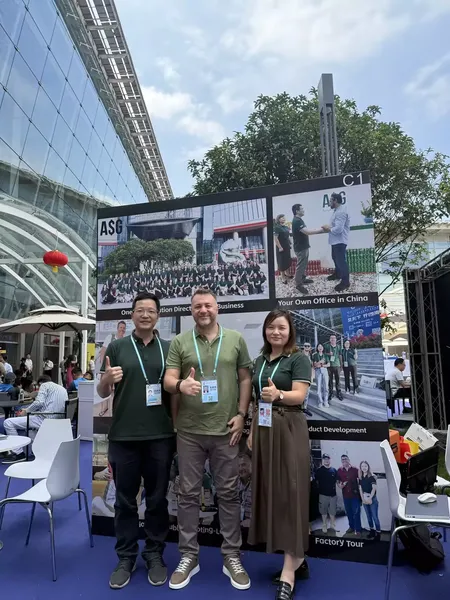
Позвольте мне поделиться показательной историей, которая произошла во время Кантонской ярмарки 2024 года. Клиент с нетерпением запланировал визиты к двум поставщикам «фабрик» из Alibaba. Первый тревожный сигнал? На их визитках было указано два адреса — один в офисном здании, а другой в промышленной зоне. Несмотря на предупреждения, клиент пришел на встречу, но оказался в элегантных офисных зданиях без каких-либо признаков производственных возможностей.
На вопрос о посещении реальных производственных объектов последовали оправдания: «Сегодня завод закрыт» или «Он слишком далеко». (Если завод находится слишком далеко, зачем вообще приглашать покупателей в офис?) К счастью, у этой истории счастливый конец — клиент быстро решил посетить настоящий завод неподалеку и оформил заказ на два контейнера прямо на месте.
Этот пример из реальной жизни прекрасно иллюстрирует, почему важно знать разницу между фабриками и торговыми компаниями. Однако стоит отметить, что не все торговые компании являются проблемными. Главное не в том, чтобы избегать торговых компаний вообще, а в том, чтобы обеспечить прозрачность и ценность в ваших партнерствах.
Сделайте правильный выбор для своего бизнеса
Если вы ищете небольшие партии в различных категориях продуктов, лучшим выбором может стать торговая компания. Они часто имеют налаженные связи с несколькими фабриками и могут более эффективно обрабатывать небольшие заказы.
Однако, если вы сосредоточены на больших объемах конкретных продуктов и хотите напрямую контролировать производство, работа с фабрикой может быть более выгодной. Они могут предложить лучшие цены на объемные заказы и большую гибкость в настройке.
ASG: надежный поставщик, которому можно доверять
Как показала наша история о Кантонской ярмарке, даже кажущиеся многообещающими поставщики могут оказаться не тем, за кого себя выдают на Alibaba или других платформах.
Именно здесь работа с профессиональным агентом по подбору персонала может сэкономить вам много времени и избавить от потенциальных проблем. ПГС, мы потратили годы на создание проверенной базы данных заводов и развитие отношений с настоящими производителями по всему Китаю. Наша команда проводит тщательные проверки на местах, занимается техническими коммуникациями на китайском языке и гарантирует, что вы связываетесь с поставщиком, подходящим для ваших конкретных потребностей.
Работая с агентом по подбору персонала, вы получаете:
- Доступ к предварительно проверенным фабрикам
- Профессиональные аудиты фабрик перед размещением заказов
- Экспертная поддержка переговоров
- Контроль качества на протяжении всего производства
- Четкая коммуникация и прозрачность
Независимо от того, выбираете ли вы независимую проверку поставщиков или работаете с агентом по закупкам, самое главное — знать различия между фабриками и торговыми компаниями. Эти знания помогут вам построить более прочные и прибыльные отношения с поставщиками в Китае.
Заключение
Ключ к успешному снабжению из Китая не обязательно всегда заключается в поиске фабрики, а не торговой компании — это точное знание того, с кем вы работаете, чтобы вы могли использовать их сильные стороны. Используйте это руководство, чтобы принимать обоснованные решения относительно ваших партнеров по снабжению, и не бойтесь задавать прямые вопросы об их бизнес-модели. Прозрачность с обеих сторон ведет к улучшению деловых отношений и более успешным проектам снабжения.
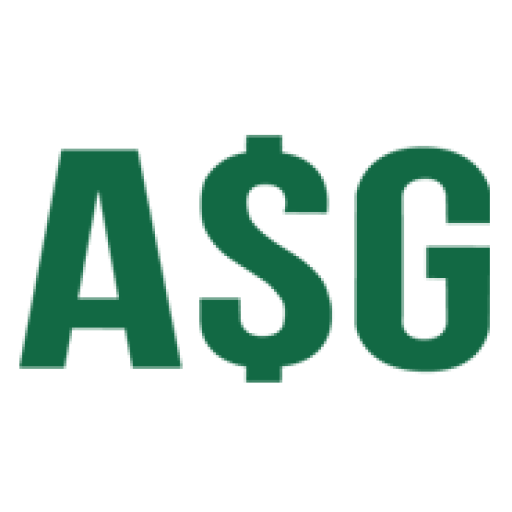
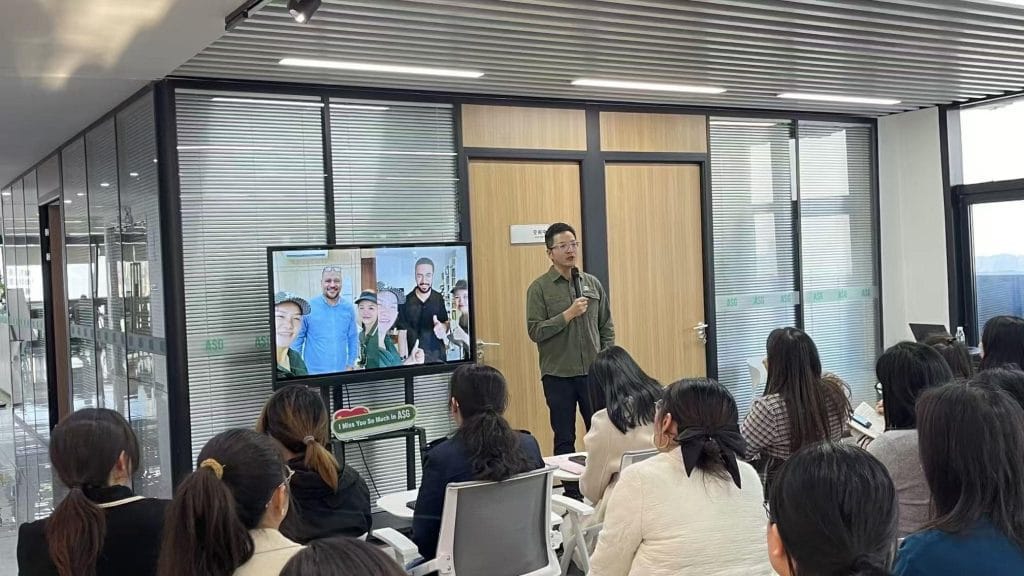
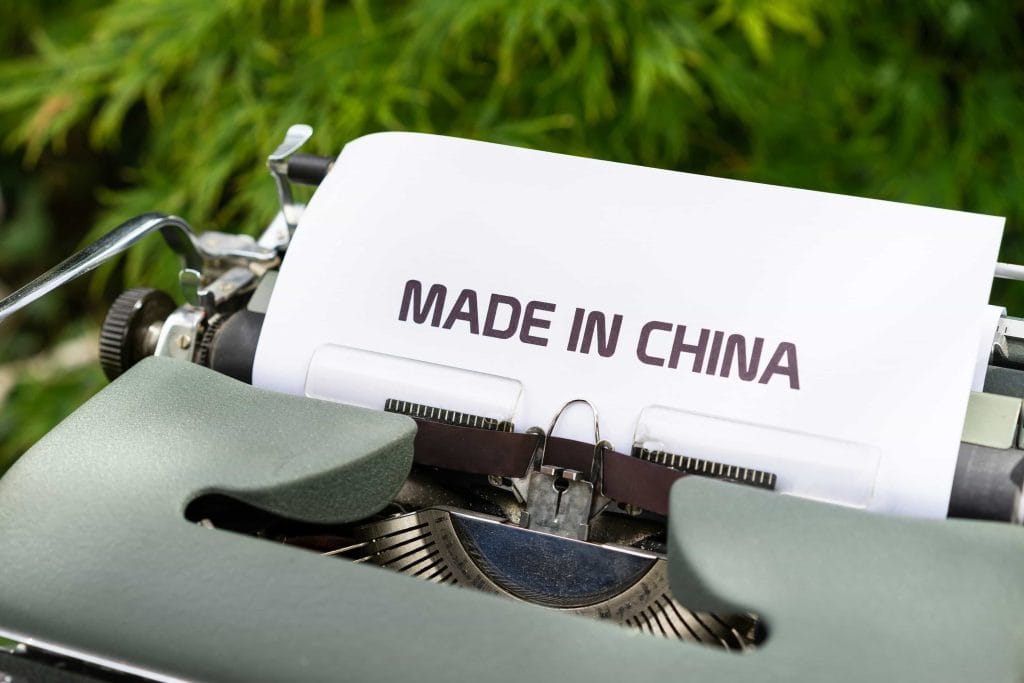
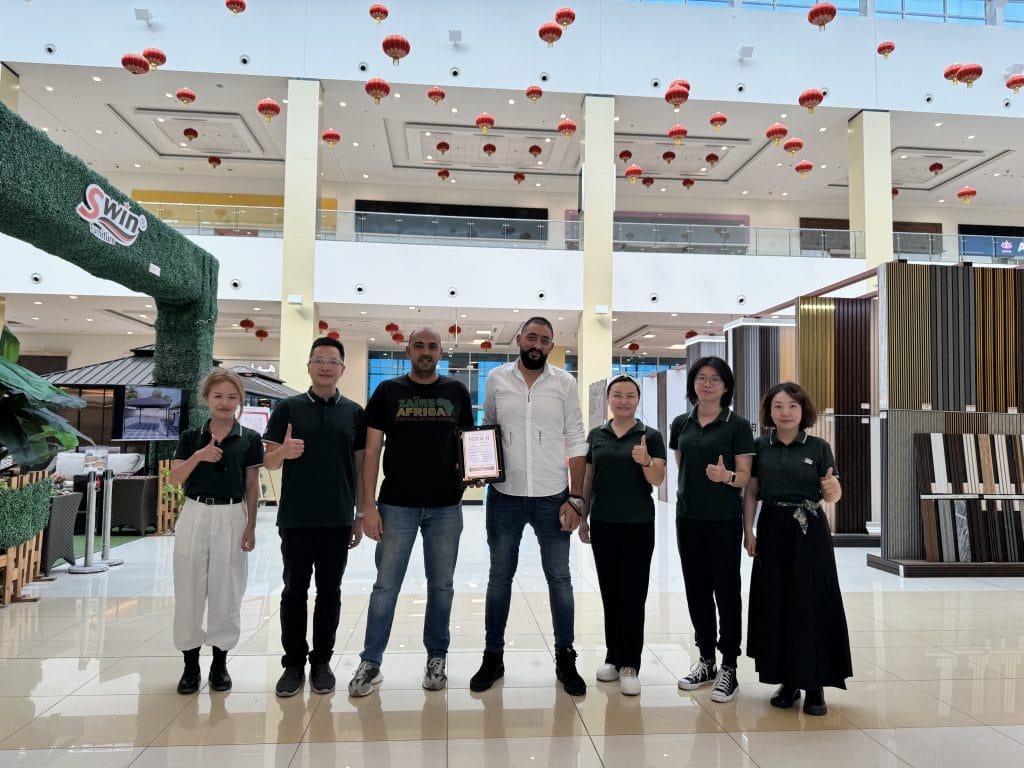



-300x198.png)